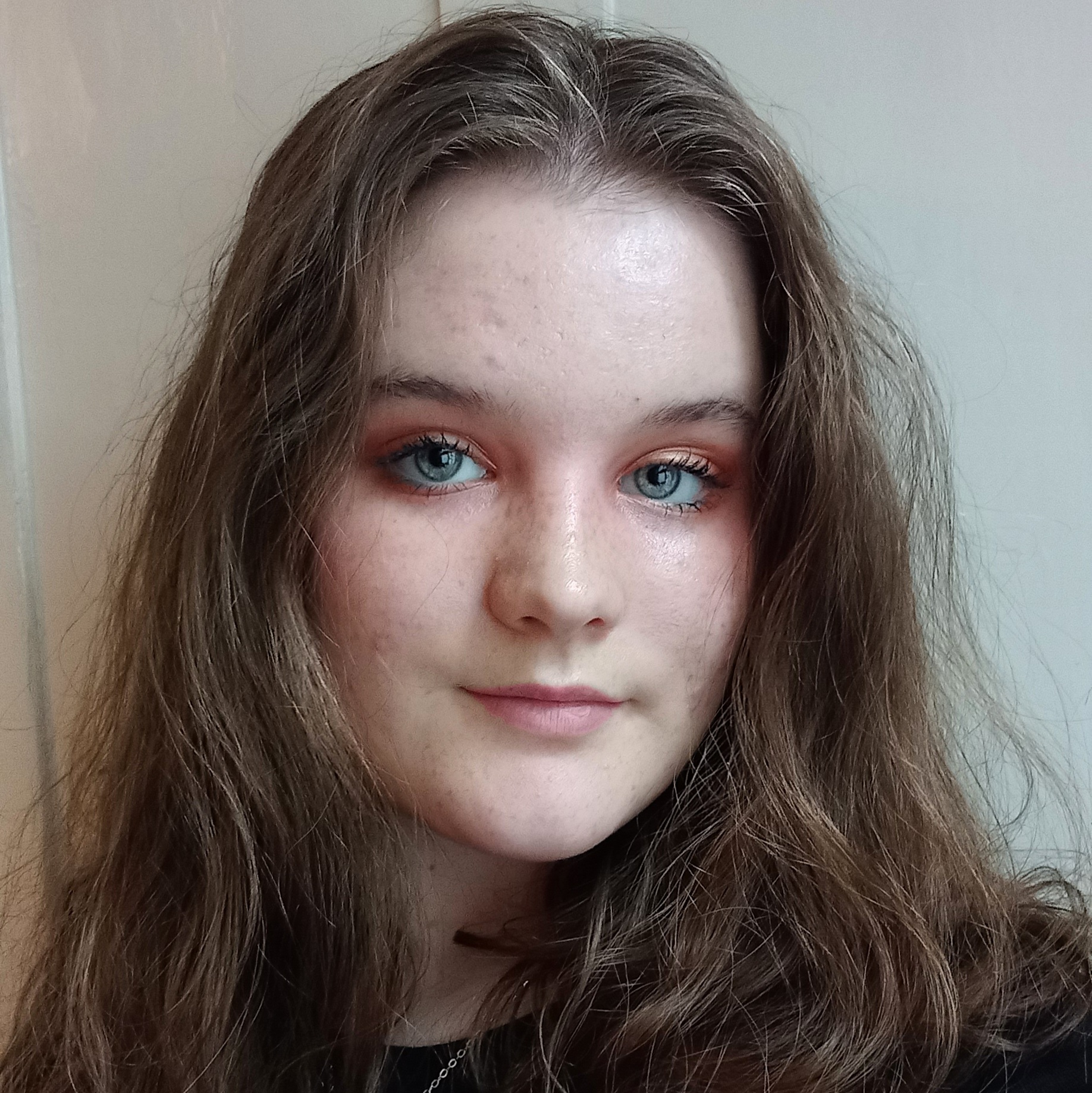Culture
REVIEW: How Drew Gooden became an unlikely champion for creativity
“Hey guy, does anyone else feel like everything is designed to waste your time now? Or am I being too cynical?”
Drew Gooden begins his latest video essay on YouTube, titled ‘Everybody wants to waste your time,’ with a short skit meant to make fun of the way that many recent documentaries are made to feel. Even if the mock interview between the documentarian and John who works at HobbyLobby is just part of a hyperbolic sketch, it does reflect a real-world issue. Although many may deem the quality of content they consume a trivial issue, this 30-minute conversation that Drew Gooden has with his viewers is thoroughly convincing that perhaps it should be something more people should care about.
This isn’t the first time he’s made such a poignant video on what could seem, at first glance, as unimportant issues. For example, ‘AI is ruining the Internet,’ ‘Tiktok hates your relationship,’ and ‘The Future of TV is Bleak’ are all examples of some incredible work from the Vine-turned-YouTube star. The first, for example, has even had a soundbite taken from towards the end of his rant and turned into a sound to be used on TikTok and Instagram to show off how much more talent and soul goes into human made art compared to AI generated images.
Even his more comedic, laidback videos often have a final or underlying deeper message, such as discussing the way that excessive fame can harm someone’s career, or the need for profit overrides the need for quality entertainment. American magazine Paste described Drew Gooden’s style of videos as his “own comedic version of investigative journalism”.
Real art takes time.
While some, including himself, can doubt Gooden’s opinions as cynical or inconsequential, his videos over the last few years have raised so many concerns and issues over the quality of our entertainment. From reviews of the various Star Wars TV series and films released since Disney bought the rights to the franchise and upset over the Netflix adaptation of Avatar: The Last Airbender, to speeches about cars becoming ‘dumber’ and bizarre products that one can buy on social media, Drew Gooden provides some hope to a generation with seemingly exponential growth in technology that perhaps art is not dead.
He explores – in enough depth to be interesting, but short enough time to not become background noise – the way that real art takes time, practice, and effort. Good quality television, for example, cannot be made from simply recycling ideas and underpaying staff, and products sold for mental health or physical fitness cannot be cheap placebos or a means to just make money without providing a decent service.
In a time where it feels as if profit is all that matters now for entertainment executives and app developers, it is so important for people to remember that they deserve better. Gooden mixes his fantastic sense of humour with a plea for change from this downward spiral that society seems to be heading in, all to create these videos. He tries to motivate his watchers to keep creating what they can, to keep the spark of creativity alive.
He urges them to not fall for Internet scams and seek help when they need it, to take care of themselves. He may not have the power or money to change the minds of CEOs such as Elon Musk or Jeff Bezos, and he doesn’t expect to. But what he does do is start discussions amongst his fans and make sure they are aware of what they are consuming – to think just a bit more critically about what they watch on Netflix or what ads they click on when scrolling through Instagram.
Gooden is a bastion for natural creation.
And, as he jokes about in this latest video of his, even if his video essays are not always on a topic that is something the viewers are already interested in or aware of, his own passion comes through and engages the audience, making sure they listen to his every word – unlike a lot of the media he criticises.
It is always important to have people advocate for creativity and self-expression, especially when the arts always feel underfunded (for example, the UK government has a long-standing habit of decreasing state funding for the arts, such as funds for cultural organisations falling 18% between 2009 and 2023).
Additionally, the discussion around artificial intelligence and how it is trained on real human art has added something new to the equation – is artistic skill something that everyone can now access, or does it simply decrease the value of art that takes time and effort?
The end of Gooden’s video AI is ruining the internet is powerful; although he feels “so lucky” to live in a time where creating is more accessible and cheaper than ever and he understands “how tempting shortcuts can be,” he urges people to understand that creation and art, no matter the medium, takes time, effort, trial and error.
It’s emotional to listen to as someone who considers their life to revolve around creativity, when he talks about “turning a blank word document into multiple pages of something you’re proud of” being the fun part.
It is this final speech about taking the time to practise, learn and grow, that has been taken to heart and spread across social media, allowing people to show off their own work, what they have worked on over months, years, or their entire lives.
Gooden is a bastion for natural creation, self expression and being yourself in a digital world full of AI art, expensive streaming services and immense social pressure to conform. It was already impressive to watch him grow from 6-second comedy videos to 25-minute YouTube videos, but taking into account his current projects, it will be so much more exciting to see where he goes next and where this worldview will take him.
